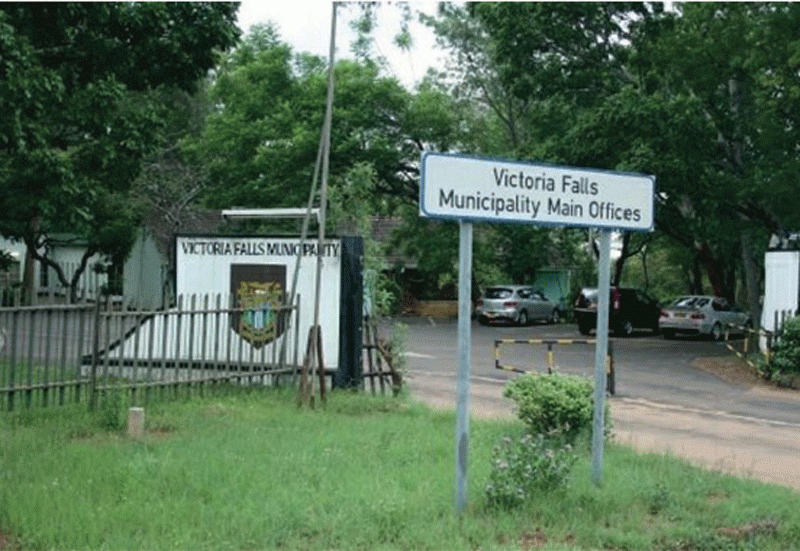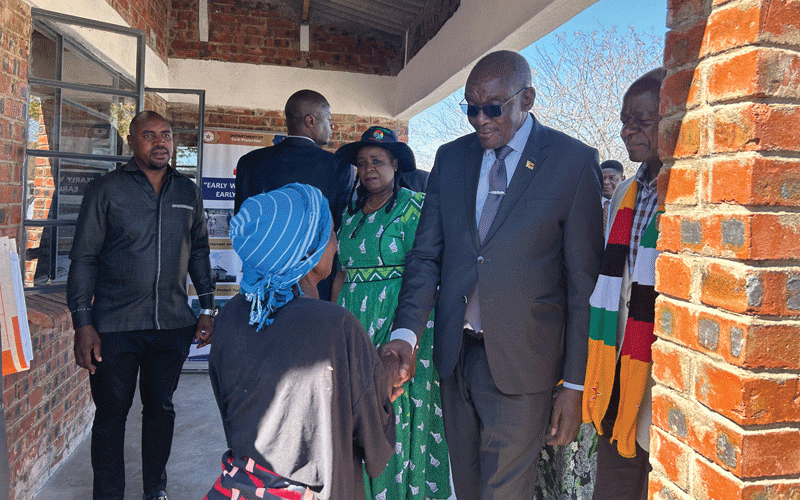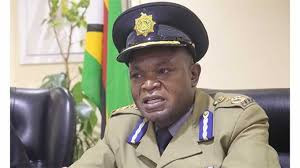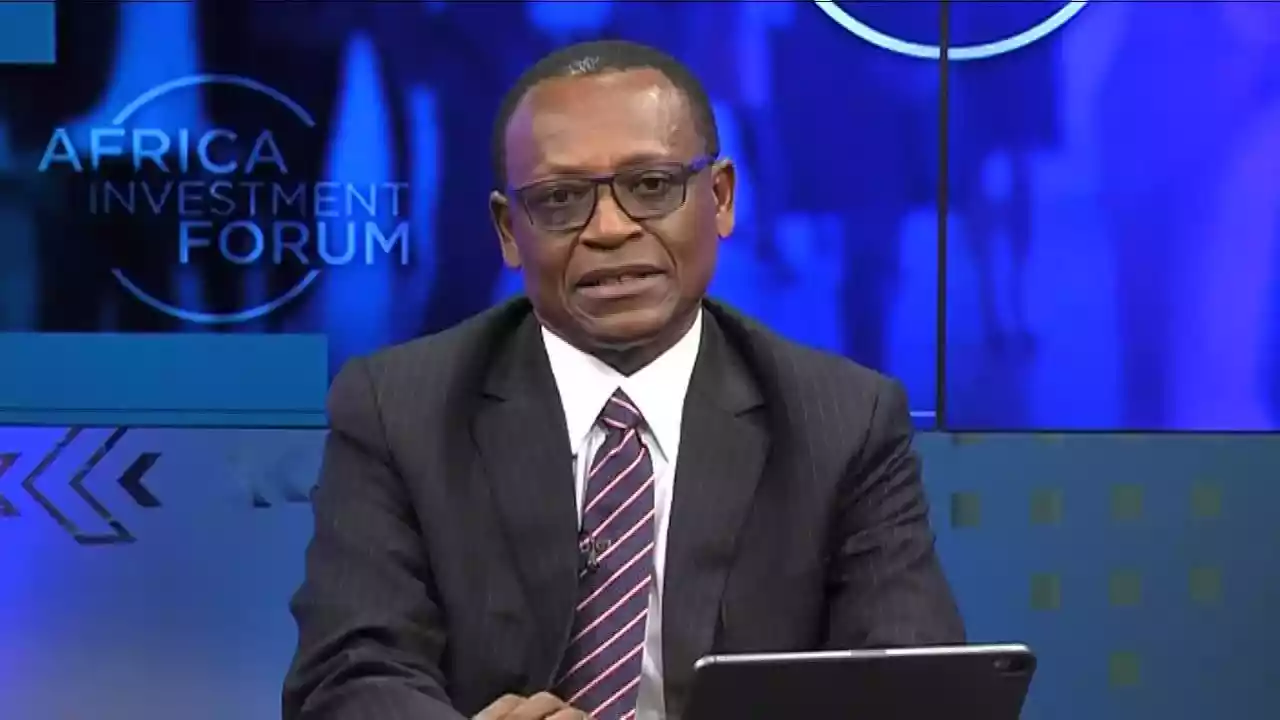Vice President Constantino Chiwenga yesterday called for intensified efforts to eliminate HIV and Aids and STIs, as well as Ebola and other diseases.
Chiwenga said this in a speech read on his behalf by Foreign Affairs minister Frederick Shava at the closing ceremony of the 22nd International Conference on Aids and STIs in Africa (ICASA) in Harare.
Chiwenga said it was crucial to reflect on the progress made and acknowledge the challenges that lay ahead.
“We must continue to invest in solid health systems that provide accessible and equitable health care to every individual, regardless of their socio- economic status or geographic location,” Chiwenga said.
“Furthermore, the fight against HIV and Aids, STIs and Ebola should not only focus on medical interventions but also address the social determinants that fuel the spread of these diseases, which include poverty, gender inequality, and stigma.”
He said the ICASA served as a reminder of the importance of implementing comprehensive and evidence-based prevention strategies that prioritise vulnerable populations, including young people, sex workers and people who use drugs.
Keep Reading
- Econet to use Buddie Beatz app to grow local music
- Big send-off for Cont Mhlanga
- Edutainment mix: The artist in the child policy formulation context
- Massive ZRP vehicle theft scam exposed
“By adopting a multi-sectoral, all-inclusive approach, we can create an enabling environment that fosters healthy behaviours and empowers individuals to take control of their sexual and reproductive health,” he said.
Chiwenga said the emphasis placed on strengthening community engagement and involvement has been encouraging.
“Community-led responses have proven to be effective in raising awareness, reducing stigma and discrimination, and improving access to prevention and treatment services,” he said.
“Let us therefore support and amplify the voices of those most affected by HIV and Aids, STIs and Ebola at community level, so that their experiences can shape our policies and interventions.”
The conference, which started last Monday in the capital, attracted more than 4 600 and 2 000 in-person delegates and online delegates respectively from about 100 countries across the world.
Zimbabwe won the bid to host the bi-annual conference, taking over from neighbouring South Africa which hosted the 2021 edition.





